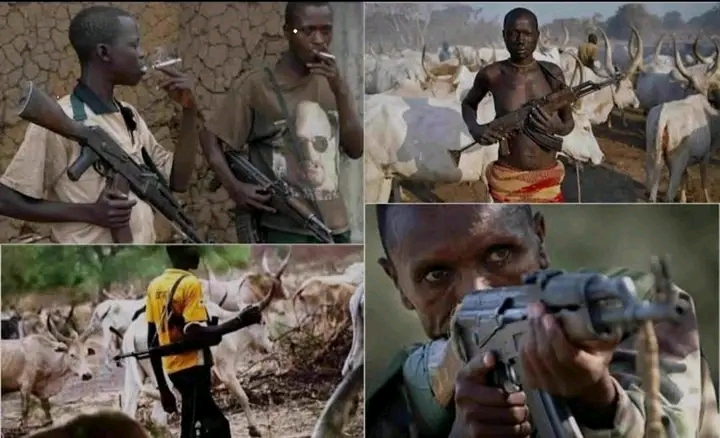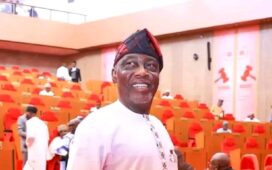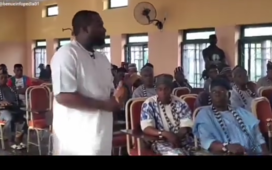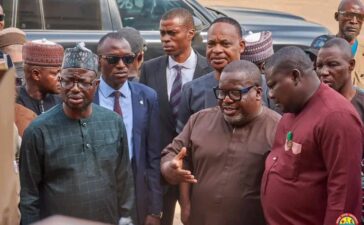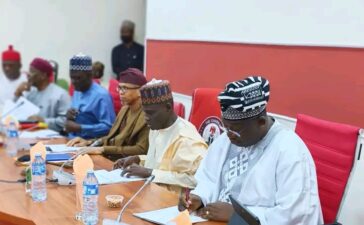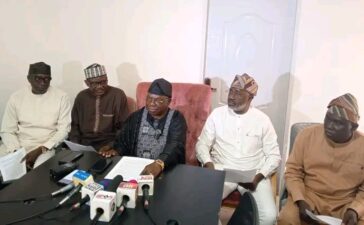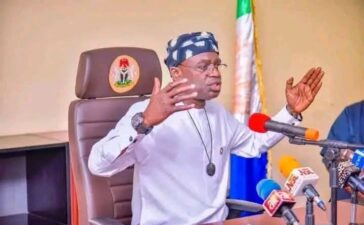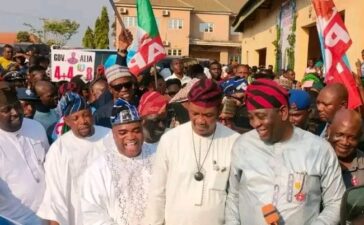Join our WhatsApp channel HERE for the latest Benue news and updates!
A recent post by Alia TV Network has sparked debate in Benue State, highlighting the ongoing political manipulation of Fulani herdsmen attacks and their impact on governance. The post, authored by Terfa Naswem and commented on by Joan Lennnifer Ilawiu, accuses various political figures of exploiting the fragile security situation for personal gain, putting the lives of Benue residents at risk.
The post claims that during the 2022-2023 gubernatorial campaign, former governor Samuel Ortom, along with his Peoples Democratic Party (PDP) supporters, discouraged voters from supporting the current governor, Rev. Fr. Dr. Hyacinth Iormem Alia of the All Progressives Congress (APC). They allegedly pushed for Hon. Titus Uba, suggesting that Alia and the APC would encourage Fulani herdsmen to occupy Benue State. This narrative contrasts with Ortom’s own tenure, where he is criticized for not addressing herdsmen attacks effectively despite his self-proclaimed title, “The Defender of Benue Valley.”
Historical context provided in the post reveals that Ortom, sworn in on May 29, 2015, faced numerous herdsmen attacks from June 2015 to January 11, 2018. A notable event was the mass burial of 73 people killed in Logo and Guma LGAs, organized under his administration. Additionally, Premium Times reported over 500 deaths in Agatu LGA in March 2016. Despite these incidents, the post alleges Ortom maintained good relations with former President Muhammadu Buhari and did not criticize the APC or organize mass burials, only acting decisively when his APC reelection ticket was at risk. This led to his defection to the PDP on July 25, 2018, and his successful 2019 reelection campaign, leveraging anti-herdsmen sentiment.
The situation has reversed under Governor Alia, according to the post. It suggests that groups are now using herdsmen attacks to discredit Alia’s government, instigating conflict to justify claims that he cannot handle the crisis effectively. The post warns that such actions could leave lasting damage, with irreversible consequences for Benue’s people. It emphasizes that Alia, limited to two terms, will eventually leave office, and those responsible will not be able to undo the harm or revive the lost lives.
The author condemns the politicization of herdsmen attacks, arguing that it destabilizes Alia’s government and endangers residents. The post calls for an end to such tactics, noting that the consequences of previous administrations’ failures are still felt today. As tensions simmer, the people of Benue State remain caught in the crossfire of political maneuvering and security challenges.
Stay tuned for further updates as this story develops.

